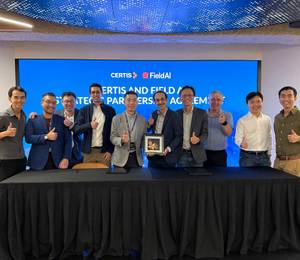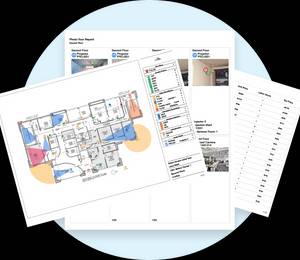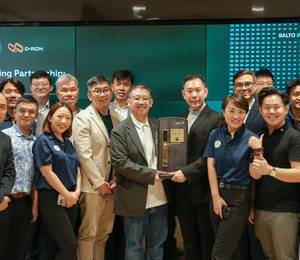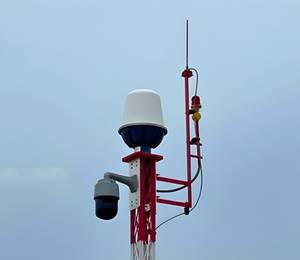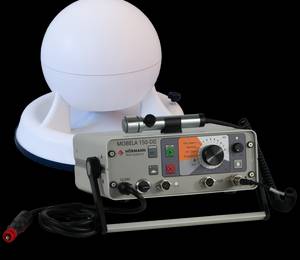Detection Technology, one of the leading providers in X-ray detector solutions, is broadening its LDA (linear detector array) offering that is based on TDI (time delay integration) technology to enhance in-line battery inspection. The company has launched X-Scan T02 cameras, which come with unique high-resolution, high-speed CMOS (complementary metal oxide semiconductor) sensor design and upgraded front- and back-end electronics to maximize the benefits of industrial inspection to its fullest.
”The X-Scan T02 series combines the advantages of X-ray flat panel detectors (FPD) and line scanners. It features superior image quality as FPDs, and fast scanning speeds associated with LDAs. Very high resolution and high speed make it an ideal solution for in-line industrial inspection that values the most accurate detection of the smallest quality issues, fast product throughputs, and maximized production line up-times,” says Tomi Fält, Director, Product Management, at Detection Technology.
X-Scan T02 is a perfect match for the inspection of different types of battery cells and battery modules at different stages of manufacturing processes. It is designed and optimized for battery inspection of electric vehicles to cover all types of battery cells such as cylindrical, prismatic, and pouch cells with Li-Ion and other commonly used battery chemistries. TDI-boosted line-scan modality enables the rapid and accurate inspection of placement and alignment of laminated electrode layers and other critical features without imaging distortion or projection errors.
Furthermore, the X-Scan T02 series is fitted for quality inspection of applications where very high spatial resolution is critical. Examples of such applications are high-value automotive, aerospace, and electronic components, parts and assemblies, and food and pharmaceutical goods.
The X-Scan T02 features a CMOS sensor with a 50 µm pixel size to enable high sensitivity and spatial resolution with low X-ray doses. Typically, spatial resolution that is dependent on magnification measures a few micrometers. Furthermore, X-Scan T02 enables fast scanning speeds of up to 20–30 kHz line rates. Depending on the cell size, this means 1–1.5 m/s object movement or 1,000–2,500 parts-per-minute speed with TDI-processed native image data resolution.
The series is equipped with smart features and configuration options, which enable object movement to be further sped up, or to multiply parts-per-minute inspection rates in the process. Such features and options include digital TDI operating modality, bidirectional scanning operation, defect pixel mapping and correction functionality, region of interest configuration, programmable ROI mode, and flexible pixel binning options.
“We are particularly proud that the X-Scan T02 comes with the 10 Gigabit Ethernet interface and is compatible with the GigE Vision Protocol. This enables robust, reliable, and fast communication between the detector and X-ray systems, and supports third-party software platforms without the need to have a specific image grabber hardware on the system computer.”
The series operates in the energy range of 20–200 kV to cover different X-ray imaging applications. Its industry-standard mechanics support easy system integration and upgrades. The product family has active area length options of 200 and 400 mm and a compact size. In addition, its high resolution enables the system configurations to be shrunk even further as there is less need for high magnification.
The product family has the highest level of integration and a simplified system design. This delivers digitally enhanced image quality, total cost savings, minimized risks, longer lifetimes, and maximized up-times to original equipment manufacturers (OEM) and system integrators. Furthermore, the series is equipped with state-of-the-art radiation hardness.
The X-Scan T02 camera family will be available to order by the end of 2023 and deliveries will start in 2024.
